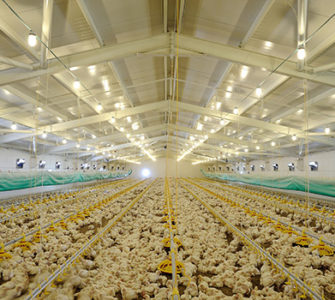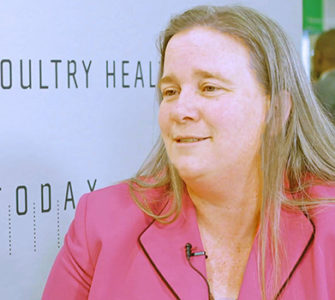No simple answer to laying hen sustainability, scientists say
Enriched cages are the most sustainable layer housing systems in terms of profit, environmental and welfare criteria, experts say.
But the complexities around defining sustainability and consumer understanding of the term mean it is up to the market to ultimately decide the most sustainable system, reports Poultry World.
A study by scientists at the Wageningen Research Centre in the Netherlands analyzed five different systems to find out which is the most sustainable.
These included traditional cage systems, enriched cages, barn, free-range and organic systems. Sustainability criteria was based on the People, Planet and Profit model.
The research team found that production costs of eggs are 6% higher in EU enriched cage systems compared to caged birds, but other systems have higher feed intake and mortality, making them more expensive.
Production costs of birds kept in barn systems are 17% higher than enriched ages, while free-range birds are 40% more expensive.
The carbon footprint of layers also shows barn and free-range systems are up to 15% more expensive based on CO2 equivalent per kilogram per egg.
This is due to additional feed production and transportation costs for the barn, free-range and organic sectors, the report says.
When taking animal welfare, food and worker safety into account, the report says free-range and barn were higher than enriched cages.
Despite the results, the researchers found that it is difficult to identify the most sustainable system, as different industry stakeholders attribute higher benefits to varying factors.
For example, in the Netherlands 43% of people surveyed said social sustainability was more important that environmental criteria, the study said.
“Part of the problem is that assessing sustainability is extremely difficult if not impossible due to people’s different perceptions,” said research author and senior economist Peter van Horne.
“Maybe the best way is to leave it to the market – for consumers to make a decision,” he added.
Posted on March 15, 2018

















